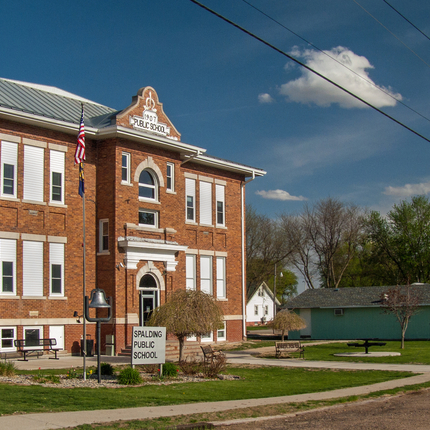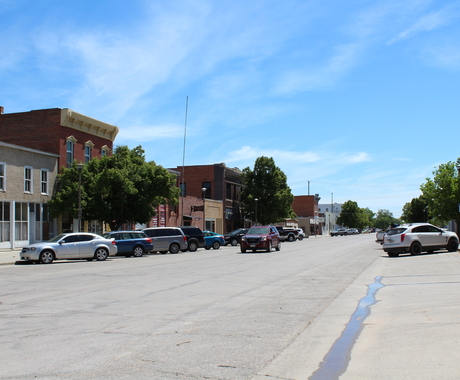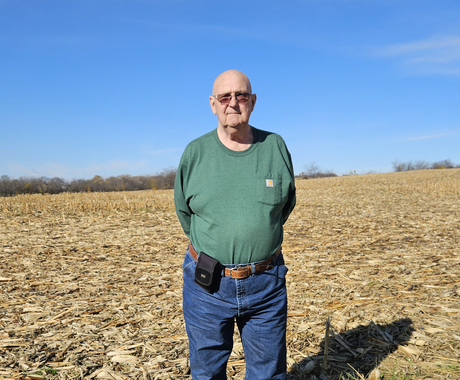By Jordan Rasmussen, former staff member
The quest for the reform of Nebraska’s tax system has seemingly hit a pinnacle in 2018, with a number of tax reform bills being introduced.
Key among the legislative proposals is LB 1084, introduced by Sen. Tom Briese, of Albion. While public school budgets have remained stagnant, between 2005 to 2014, agricultural land property taxes rose nearly 11 percent annually to offset the cost of state dollars removed from the state aid funding formula. Recognizing this reliance upon property taxes to fund public K-12 education (Nebraska ranks 49th in state funding for education), LB 1084 seeks to increase state revenues to restore state funding for education and provide property tax relief.
LB 1084 has four primary components:
- Broaden the tax base by closing a number of tax loopholes and exemptions, raise the state sales tax rate by one-half percent, and raise the cigarette tax, along with a number of other revenue raisers.
- New revenues will be used to reinstate and restore funding for education and nearly triple the property tax credit fund.
- Place a soft cap on local property taxes for K-12 education while allowing for fluctuations in student populations and inflation.
- Prompt the Nebraska Department of Education to conduct a study on funding for K-12 education to find a more long-term, sustainable funding solution.
LB 1084 was drafted in part by a coalition of nearly 20 agricultural, education, and advocacy groups during the last year. The Center for Rural Affairs is proud to be a part of this group and to offer our support of this legislative solution to Nebraska’s tax system imbalance.
Also of note in Nebraska’s tax debate are LB 829, introduced by Sen. Steve Erdman, of Morrill County, and LB 947, introduced by Sen. Jim Smith, of Omaha, on behalf of Gov. Pete Ricketts. The Center stands in opposition to both.
Although both bills propose property tax relief, neither outlines an additional revenue source for the nearly $1.1 billion annual budget shortfall created. A state budget gap of this magnitude would result in drastic cuts to health care, education, and public safety spending.
Should LB 829 not move forward in the legislature, an initiative to place the issue on the ballot is proposed. The $1.1 billion budget gap is not addressed by the ballot initiative.
Any property tax relief bill discussed on the floor of the legislature will most likely be amended substantively or couched within another bill. Center staff will remain vigilant of these revisions and will keep you up to date. We encourage you to contact your Nebraska state senator with your insights and opinions as to how our state can best address its property tax challenge.





